Photographs: B Mathur/Reuters
Petrol prices should have been cut by Rs 2.20-2.30 a litre as global rates have fallen to 18-month low but oil companies will not reduce prices as they watch the volatile rupee that is making imports costlier.
Rupee depreciating to an all-time low of Rs 57.30 to a US dollar has wiped away most of gains arising from oil dropping below $90 a barrel for the first time since December 2010.
"The oil companies are fully cognisant of facts.
"They are watching the volatility (in rupee and global oil prices). Very soon they will take a decision," Oil Minister S Jaipal Reddy told reporters in New Delhi.
. . .
Crude down, yet oil cos refuse to cut prices
Image: A worker transports kerosene oil in a bullock cart to retail outlets in Mumbai.Photographs: Arko Datta/Reuters
State-owned oil firms, who as per practice revise rates of petrol on 1st and 16th of every month based on average imported cost and forex rates of the previous fortnight, have skipped changing rates on June 16.
"There is lot of volatility in prices of crude oil and value of rupee. There is double volatility," Reddy said.
"We are relieved at the fact that price of crude oil have eased. But this has been upset by decrease in value of rupee.
"We are watching the situation with keen interest and we are watching it on a day to day basis," he said, adding that for a nation that is 76 per cent dependent on imports to meet its requirements, value of rupee becomes very important.
. . .
Crude down, yet oil cos refuse to cut prices
Image: Indian refugees wait to receive cooking oil at a relief centre in Malpur near Jammu.Photographs: Arko Datta/Reuters
Officials in his ministry said the gasoline cracks or the difference between cost of raw material (crude oil) and the price of product (petrol) had narrowed to just $3 per barrel.
In comparison, cracks for diesel were as high as $12-13 a barrel.
With such narrow spread, any upward movement in crude oil price or devaluation of rupee would force an increase in price in near future, if the rates were to be cut now. Sources said Indian Oil Corporation, Bharat Petroleum Corporation and Hindustan Petroleum Corporation will hold petrol price for a few more days and watch the developing situation.
. . .
Crude down, yet oil cos refuse to cut prices
Image: Eight-year-old Gudia, an oil scavenger, collects engine oil at an auto workshop in Jammu.Photographs: Amit Gupta/Reuters
"There is no revision in petrol rates in the next couple of days. We will watch the situation for next couple of days before taking any decision," a source said.
Oil firms had last cut petrol rats by Rs 2.02 a litre with effect from June 3 in a partial rollback of the steep Rs 7.54 per litre hike effected last month.
Petrol at present costs Rs 70.24 a litre at IOC petrol pumps in Delhi.
Sources said the last revision was done keeping in mind an average of $115.77 per barrel rate of gasoline, against which domestic petrol prices are benchmarked.
. . .
Crude down, yet oil cos refuse to cut prices
Image: A view of Bharat Petroleum Corporation Ltd refinery is seen in Mumbai.Photographs: Punit Paranjpe/Reuters
Gasoline rates have since fallen to $106.93 per barrel. But the rupee has devalued to Rs 55.69 to a US dollar from Rs 54.96 to a US dollar (average of first fortnight of June).
There was a scope to reduce petrol price by up to Rs 2.20-2.30 per litre but with rupee falling further, the cost of imports has again risen.
"Today, rupee dropped to Rs 57 to a US dollar. There is excessive volatility," the source added.

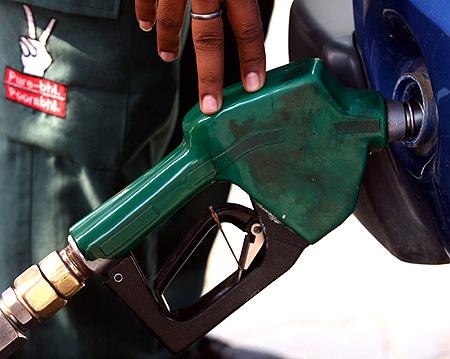
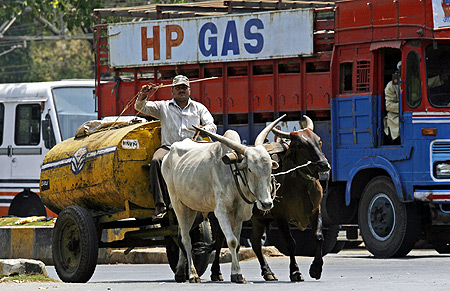
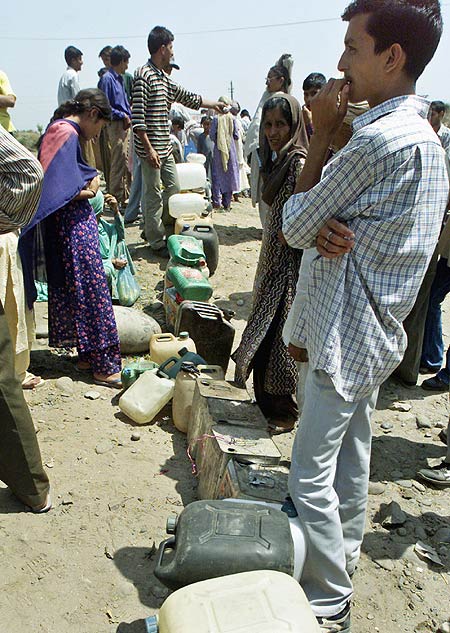
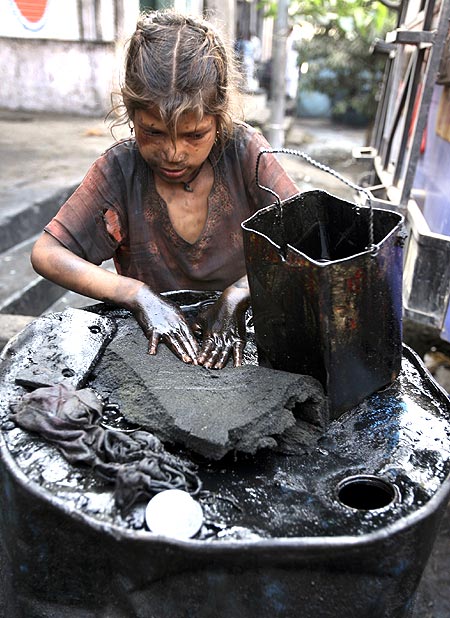
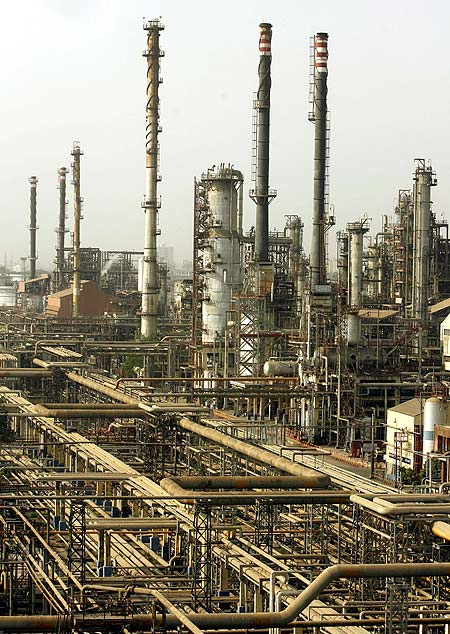
article